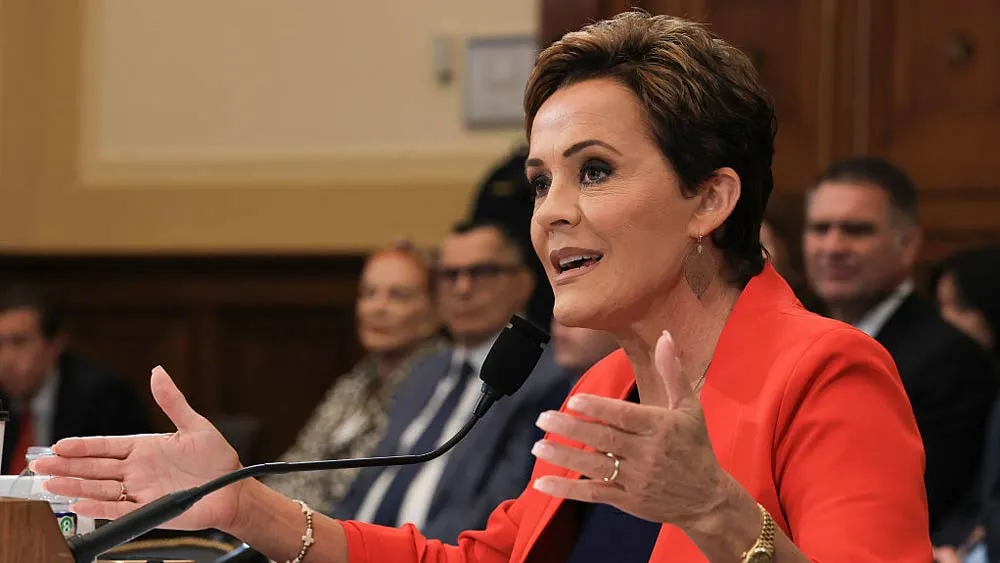January 8, 2014
Transgender Rights Referendum Reaches Next Step
Jason St. Amand READ TIME: 2 MIN.
Opponents of a new California law that spells out the rights of transgender students in public schools have cleared the next hurdle in their effort to repeal the law at the ballot box, state elections officials said Wednesday.
A spot check of petitions circulated by backers of a proposed voter referendum on the law showed enough were valid to trigger further review of the signatures needed to qualify the measure for the November ballot, according to figures compiled by the secretary of state.
Projections based on random sampling indicated that the referendum's backers - a coalition of conservative groups called Privacy for All - obtained 95.6 percent of the 504,760 signatures required to force a public vote on the law passed last year by the California Legislature and signed by Gov. Jerry Brown.
That was only a few thousand more than they needed to prompt the next step in the qualification process - a full check of all 619,244 signatures submitted, the secretary of state's office said.
It could take more than a month for that work to be completed. County election officials have until Feb. 24 to review the signatures gathered in their jurisdictions to see if they were obtained from properly registered voters and then to report their findings to the state.
The law that is the subject of the referendum attempt took effect Jan. 1. It guarantees students in grades K-12 the right to use school facilities such as bathrooms and locker rooms and to participate in the sex-segregated activities that correspond with their expressed genders instead of their school records.
Supporters said it was needed to spell out protections that already exist under state anti-discrimination laws but are often overlooked or improperly applied by educators fielding requests from transgender students and their families.
Opponents maintain it violates the privacy of youngsters who may be uncomfortable sharing facilities with classmates of the opposite biological sex.
Some school districts around California, as well as the education departments in Massachusetts and Connecticut, have implemented similar policies by regulation. But California is the first state to detail the rights of transgender students in schools by statute.
Although the law's opponents have focused on potential abuses and awkward encounters in bathrooms and locker rooms, schools preparing to implement the law also are evaluating what it means for yearbook photo dress codes, sleeping arrangements for overnight field trips and activities such as choirs and recreational sports where girls and boys are often separated.
The California Interscholastic Federation, which governs competitive high school sports, adopted a detailed process in 2012 that students must follow if they want to play on a team that is not consistent with their sex at birth.
If the referendum makes the ballot, it will be put on hold until after the election.


